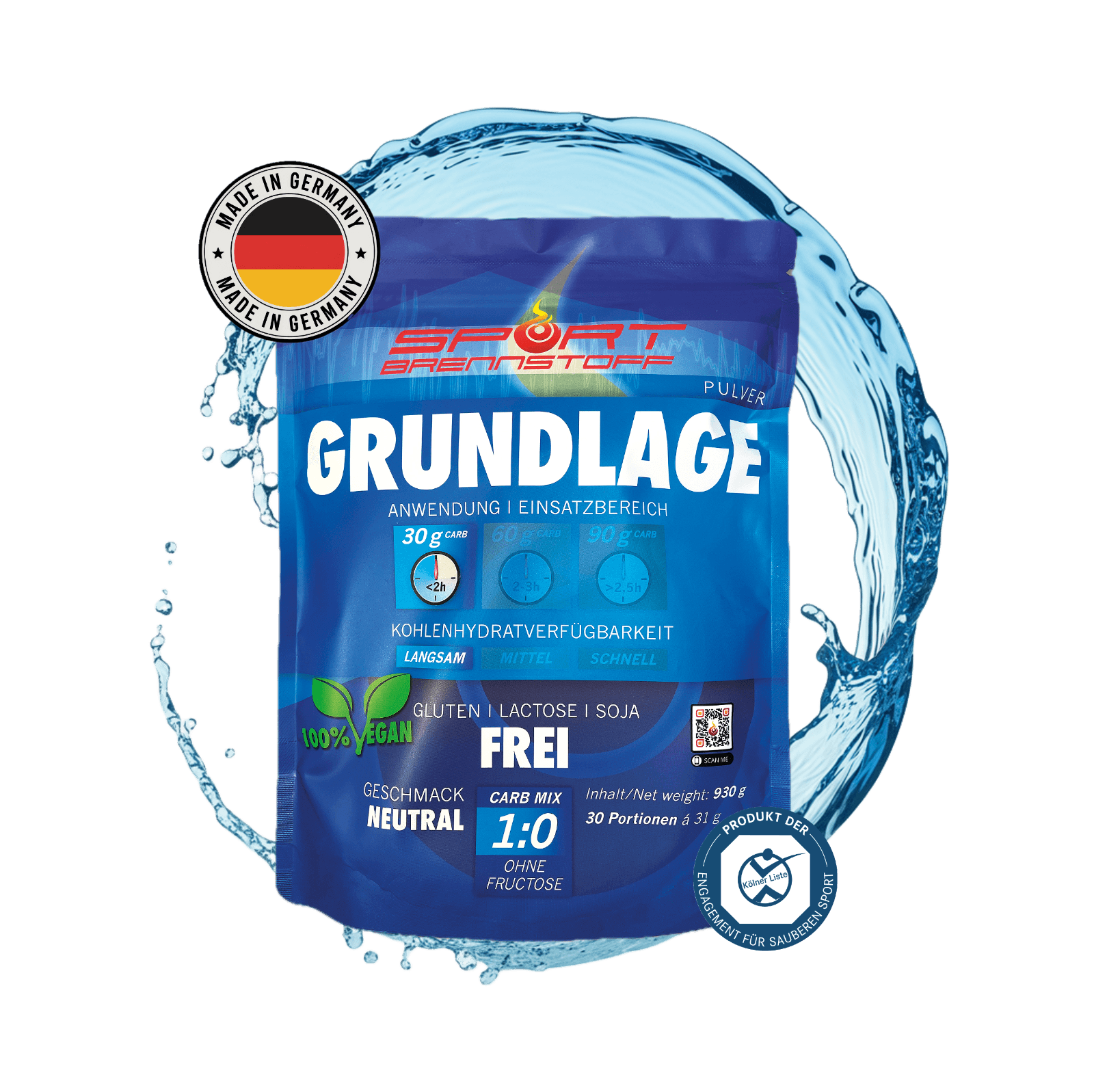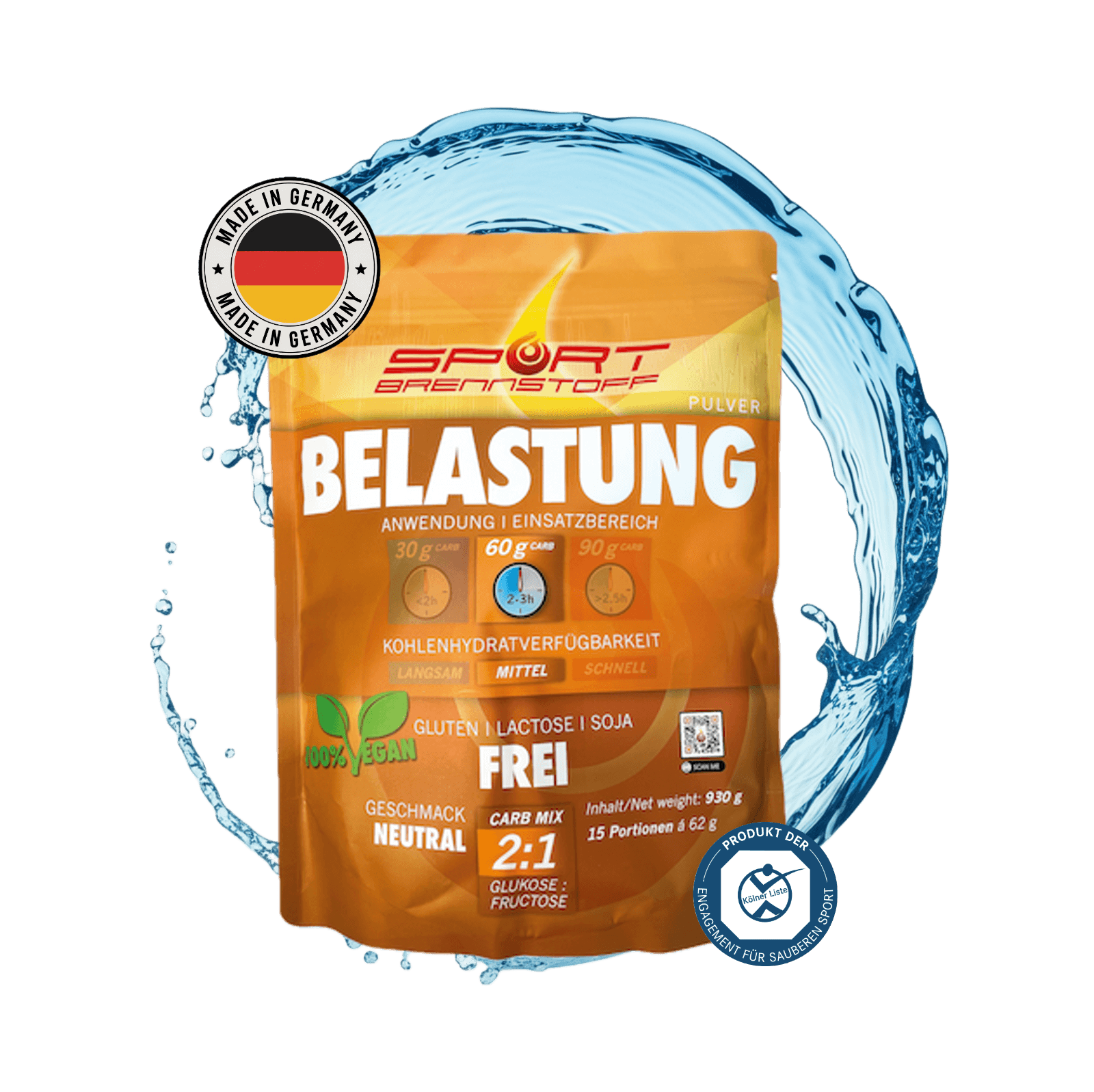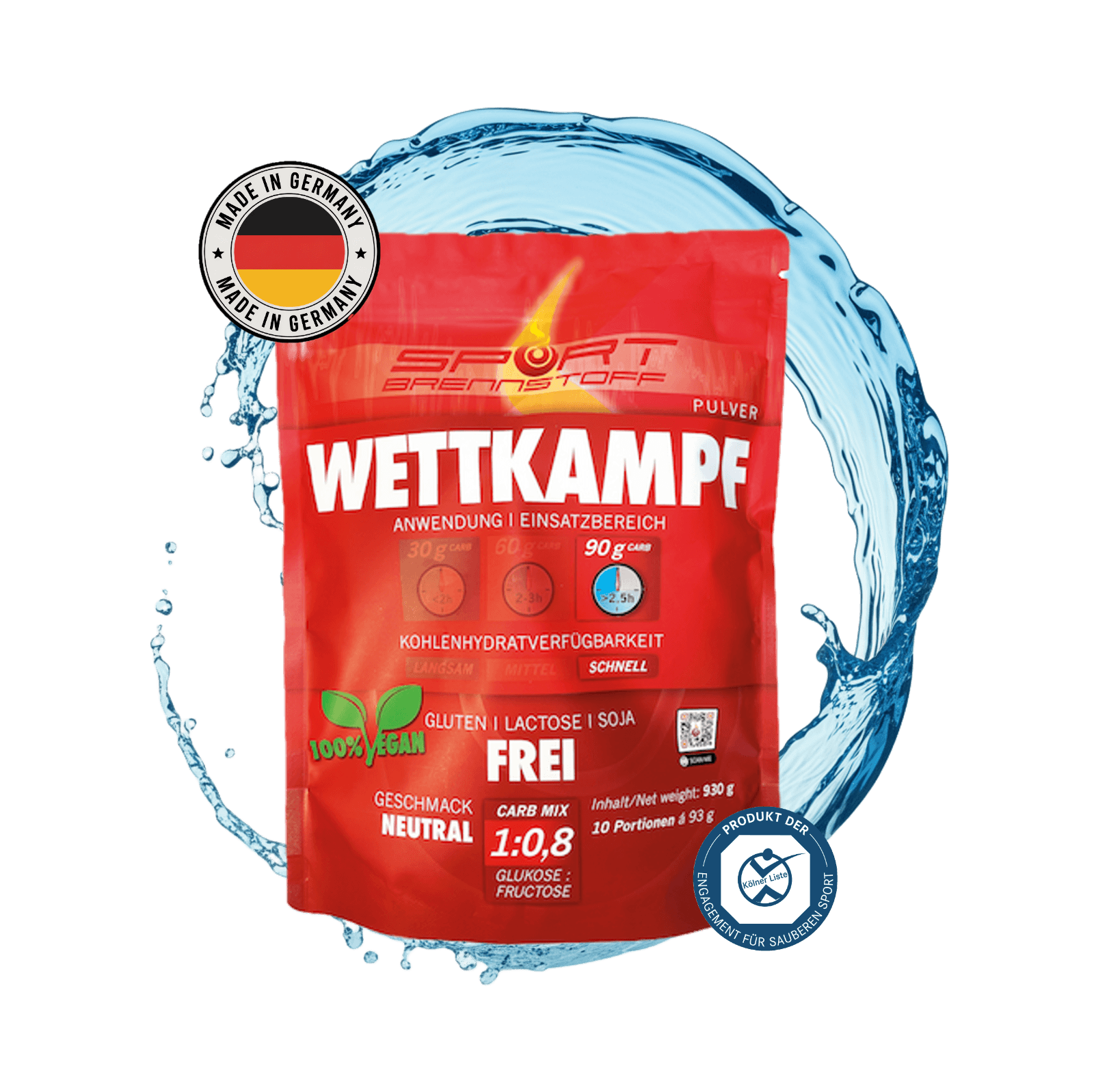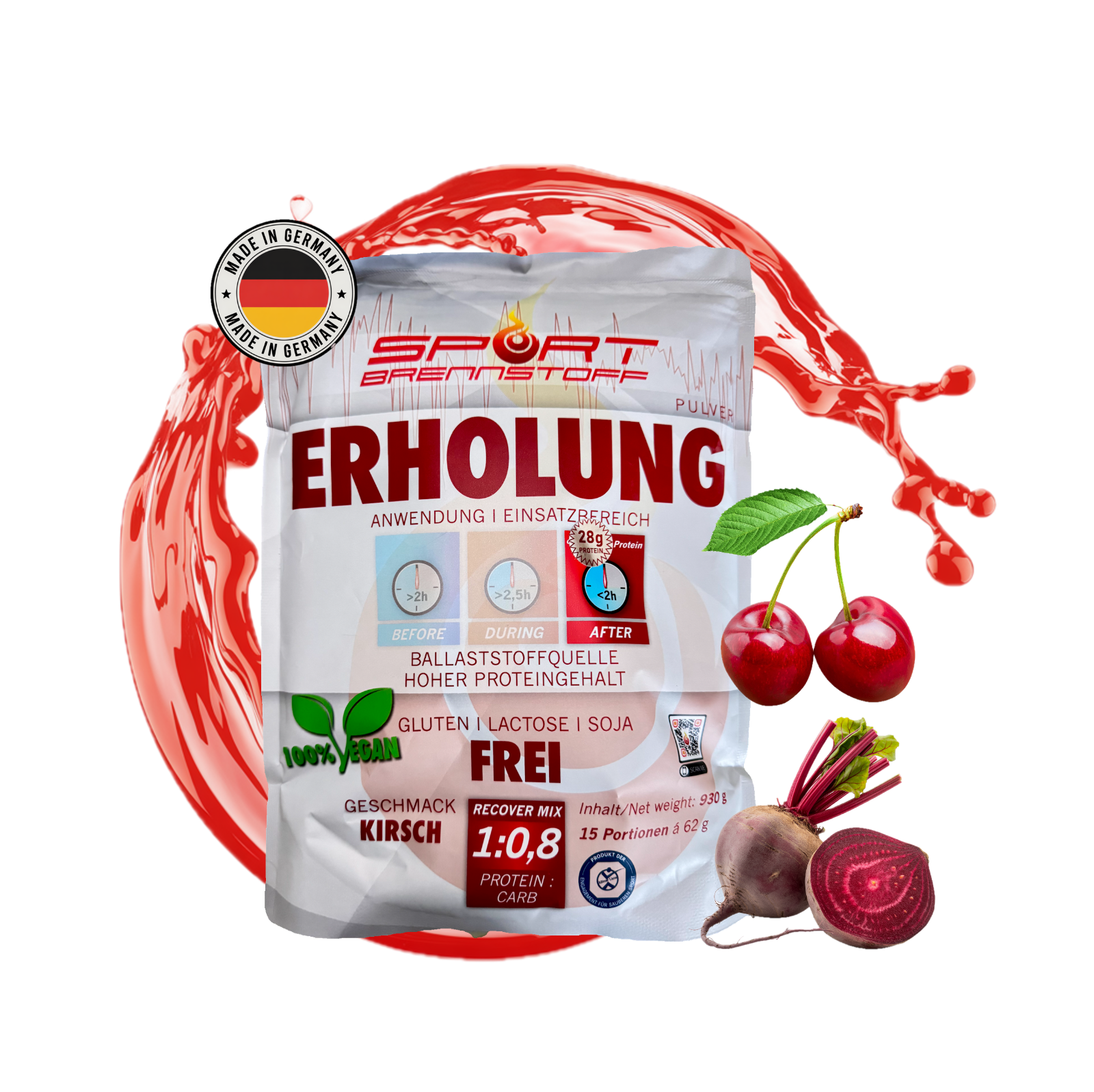The gut-brain axis is not just a biochemical and microbial network – it is particularly sensitive to psychological stress and sleep deprivation. Strengthening your gut benefits mental balance, stress resistance, and more restful sleep.
The mutual communication
The gut and brain "communicate" with each other via nerves, hormones, and immune messengers. Stress can disrupt the balance in the microbiome, promote dysbiosis, and lead to "leaky gut" with inflammatory reactions. Conversely, a healthy gut flora promotes the production of serotonin – the happiness hormone, 90% of which is produced in the gut – and ensures a balanced mood.
How stress changes the microbiome
Chronic stress leads to increased release of cortisol and adrenaline, which can reduce the diversity of beneficial gut bacteria. The intestinal barrier weakens, allowing unwanted bacterial components to enter the body and trigger inflammation. This often results in digestive problems, increased susceptibility to infection, and heightened fatigue.
Sleep and the Gut-Brain Connection
Restless or shortened sleep promotes the release of stress hormones and exacerbates the imbalance in the microbiome. According to current studies, a diverse gut flora is associated with healthy sleep and less daytime fatigue. The supply of B vitamins (B1, B2) also has a positive effect on stress levels and sleep quality.
Practical tips for everyday life & training
- Regular relaxation exercises such as meditation or walks help to reduce stress and protect the microbiome.
- A high-fiber, vitamin-rich diet with fermented foods strengthens the intestinal flora and promotes the production of neurotransmitters that promote well-being.
- Sufficient sleep is essential – at least 7–8 hours per night ensure regeneration and healthy gut-brain communication.
Conclusion
Those who actively reduce stress and pay attention to healthy sleep promote a resilient microbiome and a strong gut-brain axis. This way, athletes not only gain more power, but also mental stability and better regeneration.
Sources
Stress & the gut-brain axis: Regulation by the microbiome https://pubmed.ncbi.nlm.nih.gov/29276734/
Stress through sports https://sportaerztezeitung.com/rubriken/psychologie/11647/stress-durch-sport/
Stress & the gut-brain axis: Regulation by the microbiome - PMC https://pmc.ncbi.nlm.nih.gov/articles/PMC5736941/




















Leave a comment
All comments are moderated before being published.
This site is protected by hCaptcha and the hCaptcha Privacy Policy and Terms of Service apply.